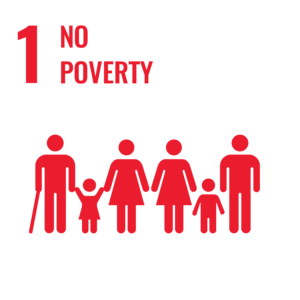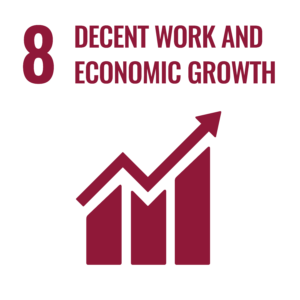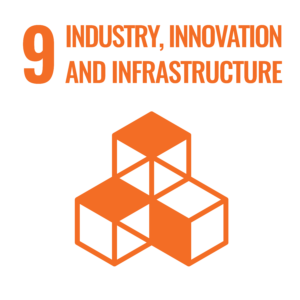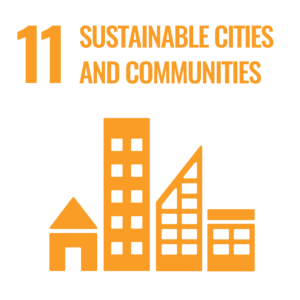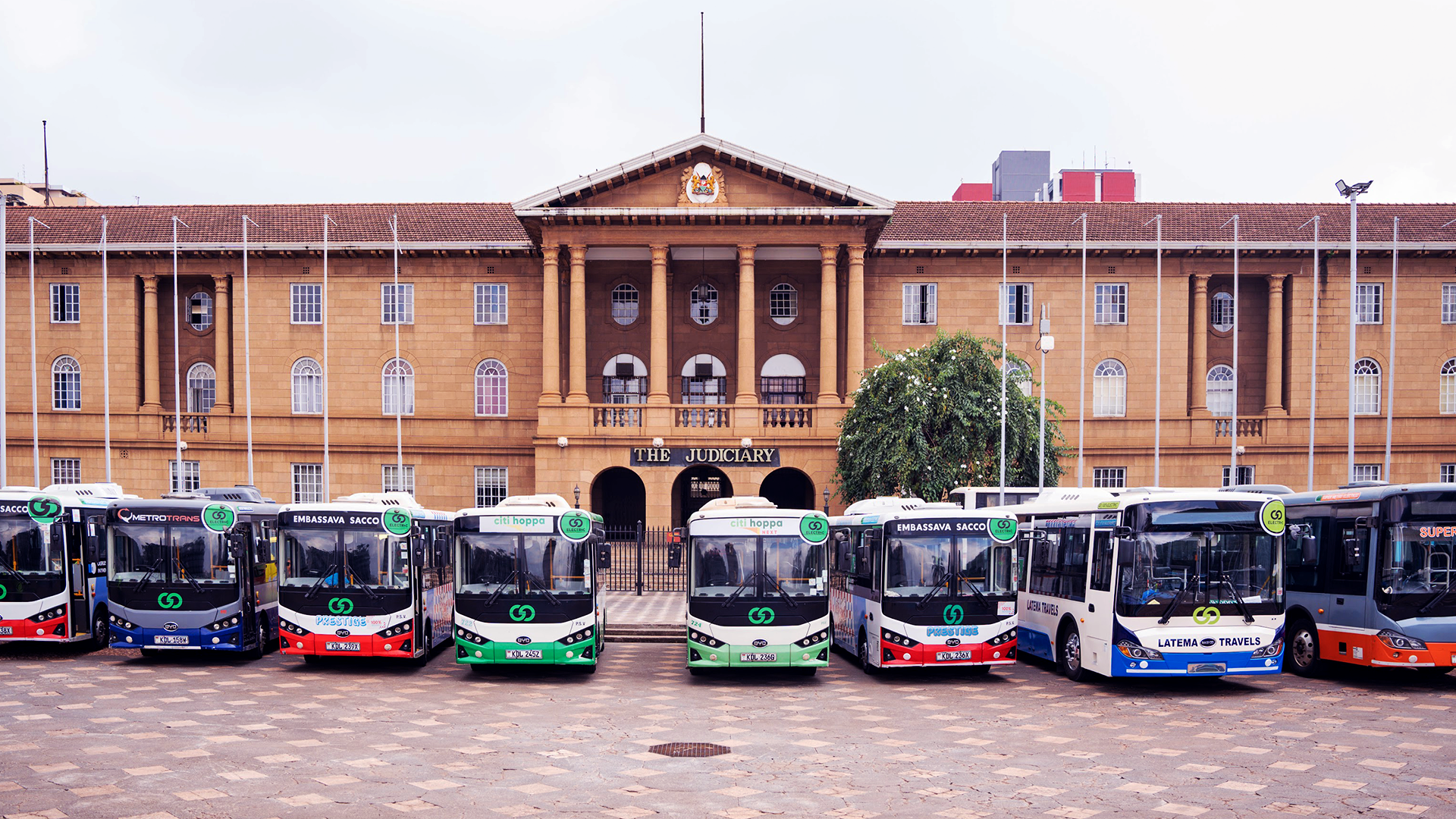How Regulation is Driving Africa’s Electric Mobility Shift
It has risen
Michael Mutie, a keen observer of the continent’s shifting entrepreneurial landscape, gives us an insight on why we should look at West Africa differently.
“Africa is no longer rising. It’s risen.” This isn’t just a slogan. It’s a call to attention.
Across West Africa, founders are building solutions grounded in real problems and proving their value in the market. What many of them need now isn’t more validation, but backing: the right kind of investment and support that can accelerate momentum and unlock scale.

A Founder-Led Revolution
Mutie highlights how the quality of entrepreneurs in the region is becoming a differentiating factor. More than just visionaries, these are founders with deep lived experience, strong educational foundations, and a keen sense of purpose.
“The founder experiences, educational backgrounds, just the makeup of the founders themselves… these are the layers that make West Africa more attractive to anyone with capital looking to drive change,” he says.

Policy is Paving the Way
Beyond talent, policy is beginning to align with innovation. With the Africa Continental Free Trade Agreement (AfCFTA) opening up borders, the dream of a more integrated West African business environment is quickly becoming reality.
“There is political will backing solutions that make it easier to do business,” Mutie notes a major shift that’s encouraging both local startups and global investors to look more seriously at the region.

The Investment Equation
Ultimately, the logic is simple. When it’s easier to do business, it’s easier to generate revenue. And when revenue grows, so do investor returns.
In Mutie’s words, “The easier it is to do business, the easier it is to generate revenue, and the easier it is to generate returns for investors.”
West Africa’s story is no longer about potential. It’s about presence.



